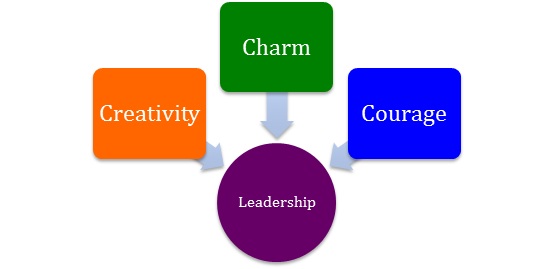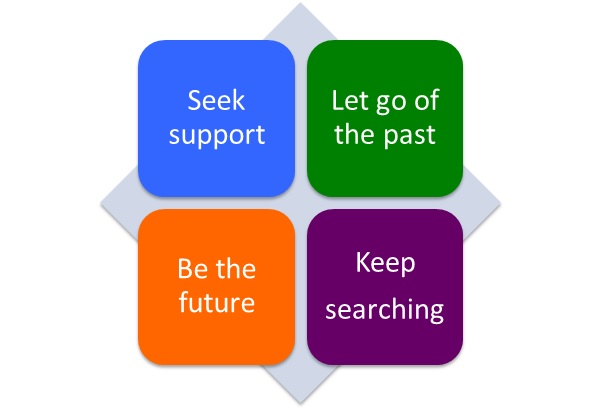Catherine Mangan
As it’s International Women’s Day, I’m reflecting on the fabulous women I have the privilege to work with as part of the national leadership programmes we convene. One recurring question I’m asked by women (and one that I often ask myself) is whether they ‘fit’ the prevailing paradigm of a leader in the public sector. They have often been told (typically by male colleagues) that they need to act more like a leader – be more assertive, more confident, and speak up more in meetings – in other words, told to act more like current male role models.
This seems to me an outdated view of leadership, which is no longer fit for the complex world of public service. And on International Women’s Day I’m feeling empowered and provocative and (putting aside for the moment the debate about whether male and female styles of leadership map onto being men and women) I’m going to suggest that we need a new, more female paradigm of leadership for public services.
There are (at least) 5 reasons why:
- Female leaders, in my experience, not only talk to their staff, and residents, but they actively listen to them. They gather ideas and opinions from others, are genuinely interested in what different people have to say, and create a better solution from working with others. They are also prepared to change their minds. This is not a weakness, but a strength.
- They say ‘Come with me’ rather than ‘Do what I tell you’. They take time to explain to people why changes are necessary and offer encouragement and sense making. This is not a lack of direction, but an approach which recognises that change is difficult for people.
- They don’t view their role as a competition with other leaders. Rather, they have a level of humility that helps them to understand that it’s not about who can take the credit for the new initiative, it’s about whether it makes life better for their residents. This is not a sign of selling out, or not protecting the interests of your organisation. It’s effective systems leadership.
- They don’t think that they know the answer to everything. They recognise the complexity of the world in which they are working and understand that they can’t do everything on their own and need to collaborate with others rather than shying away from revealing a lack of knowledge. Asking others to help come up with potential solutions is the only way to tackle the wicked issues public services deal with.
- They have self-doubt about their abilities. This means they ask for feedback, they check out the impact of their approach, and are reflective practitioners who learn from their own practice.
So I say to all those women who think they don’t fit the mould of a leader – don’t try and shape yourself to fit an outdated mould – let’s re-shape the leadership paradigm so it looks a lot more like us.
 Catherine Mangan is Director of INLOGOV, co-convenes the Win Win network at the University of Birmingham, and facilitates national leadership programmes including Total Leadership, Aspiring Directors of Public Health and the National Graduate Development Programme
Catherine Mangan is Director of INLOGOV, co-convenes the Win Win network at the University of Birmingham, and facilitates national leadership programmes including Total Leadership, Aspiring Directors of Public Health and the National Graduate Development Programme






